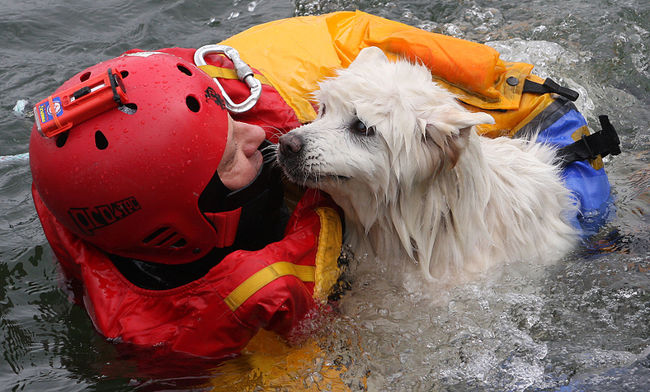Paradoxically, the more people present when there is need for help, the less likely anyone is to help. Social psychologists refer to this as the bystander effect. It happens for at least two reasons. First, people pay less attention to their surroundings in a group setting. Second, people look to others on how to act.
There are conditions under which this effect is lessened. First, if there are no other bystanders, a single person is more likely to notice the situation, not get hung up on the reaction of others, take responsibility, and help. Secondly, in group situations, if one person acts, others are likely to follow suit.
Disrupting the bystander effect is essentially at the root of veganism. Modern society is bound by social norms of speciesism, and the propensity to follow group behavior renders vegan deviance unlikely. People look to friends, family, medical professionals, celebrities, and others to determine appropriate behavior. When that normalized behavior is encouraging society to ignore, hesitate, or refuse to help those nonhumans who suffer and die at human hands, it is then that vegans step in as bystanders to refuse their support and demand justice. If social norms can be fostered that make helping normal, the bystander effect can be thwarted.
For the Vegan Toolkit
- Break the spell of bystander effect by acting first
- Outreach that solicits action should target individuals not in group settings
- Encourage prosocial group behavior to temper bystander effect
References
Bryan, J. and M. Test. 1967. “Models and Helping: Naturalistic Studies in Aiding Behavior.” Journal of Personality and Social Psychology 6: 400-407.
Canter, D. J. Breaux, and J. Sime. 1980. “Domestic, Multiple Occupancy, and Hospital Fires.” In D. Canter (Ed.), Fires and Human Behavior. Hoboken, NJ: Wiley.
Latané, B. and J. Darley. 1968. “Group Inhibition of Bystander Intervention in Emergencies.” Journal of Personality and Social Psychology 10: 215-221.
Latané, B. and J. Darley. 1970. The Unresponsive Bystander. Why Doesn’t He Help? New York, NY: Appleton-Century-Crofts.
Schnall, S., J. Roper, and D. Fessler. 2010. “Elevation Leads to Altruistic Behavior.” Psychological Science 21: 315-320.
Rushton, J. and A. Campbell. 1977. “Modeling, Vicarious Reinforcement and Extraversion on Blood Donating in Adults: Immediate and Long-Term Effects.” European Journal of Social Psychology 7: 267-306.

Readers can learn more about the social psychology of veganism in my 2016 publication, A Rational Approach to Animal Rights.
This essay was originally published with The Examiner in 2012.
